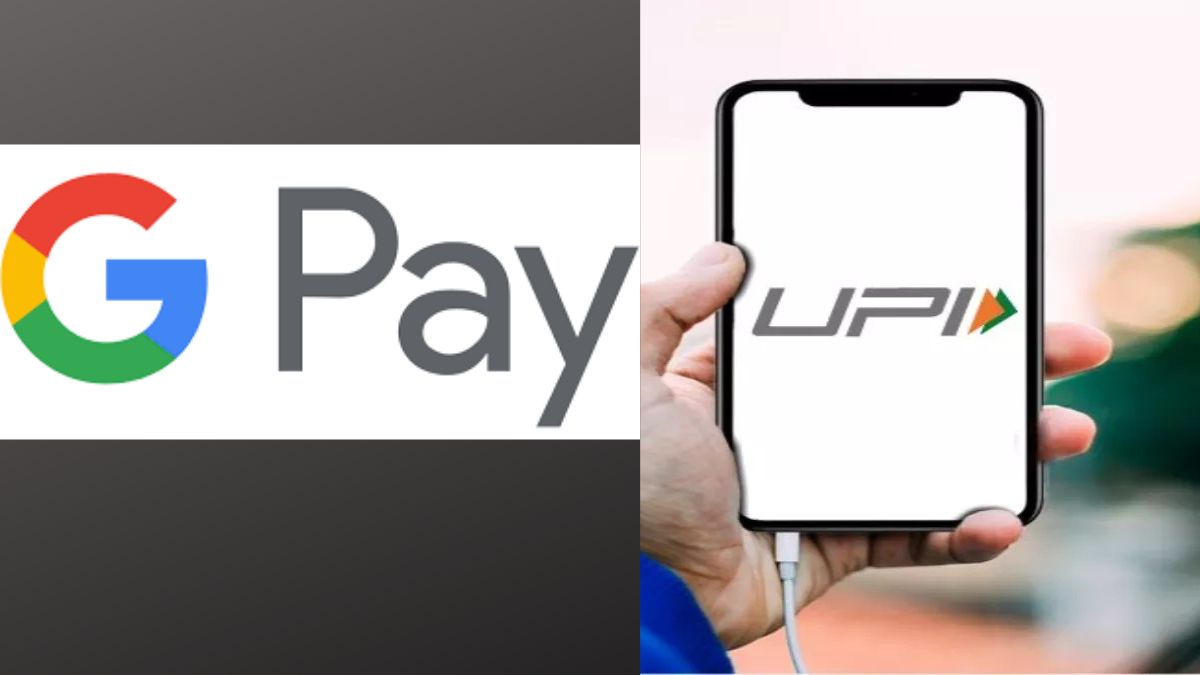- By Aditya Pratap Singh
- Wed, 17 Jan 2024 03:14 PM (IST)
- Source:PTI
Gpay: Google India Digital Services and NPCI International Payments Limited (NIPL) have signed an agreement that will help expand UPI payments to countries outside India.
The Memorandum of Understanding (MoU) will enable Indian travellers to make payments in other countries through Google Pay (also known as GPay). It will eliminate the need to carry cash.
"The MoU has three key objectives. First, it seeks to broaden the use of UPI payments for travellers outside of India, enabling them to conveniently make transactions abroad. Second, the MoU intends to assist in establishing UPI-like digital payment systems in other countries, providing a model for seamless financial transactions. Lastly, it focuses on easing the process of remittances between countries by utilizing the UPI infrastructure, thereby simplifying cross-border financial exchanges," Google Pay said in a statement.
Also Read: Indians Strive For Work-Life Balance, Better Wages As 88% Employees Mull Job Change In 2024: Report
The deal focuses on simplifying the process of remittances between countries using the UPI infrastructure, thereby simplifying cross-border financial exchanges.
"This strategic partnership will not only simplify foreign transactions for Indian travellers but will also allow us to extend our knowledge and expertise of operating a successful digital payments ecosystem to other countries," NIPL CEO Ritesh Shukla said.
This agreement will strengthen UPI's global presence, providing foreign merchants access to Indian customers who no longer have to rely solely on foreign currency and/or credit or foreign currency cards to make digital payments and have access to UPI-powered There access option. Use apps. India including Google Pay. This development will also help simplify remittances by reducing dependence on traditional money transfer channels.
Google Pay India Director Deeksha Kaushal said, "UPI has demonstrated to the world the step change that happens in economies with the introduction of interoperable, population-scale digital infrastructure and each economy that joins such networks will create impact beyond the sum of parts. We are very excited about the scope of this collaboration."

